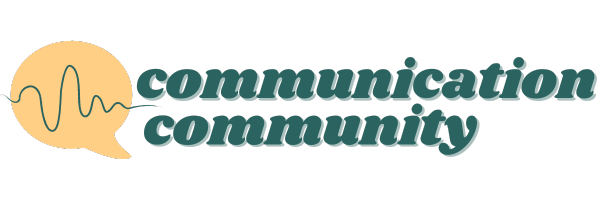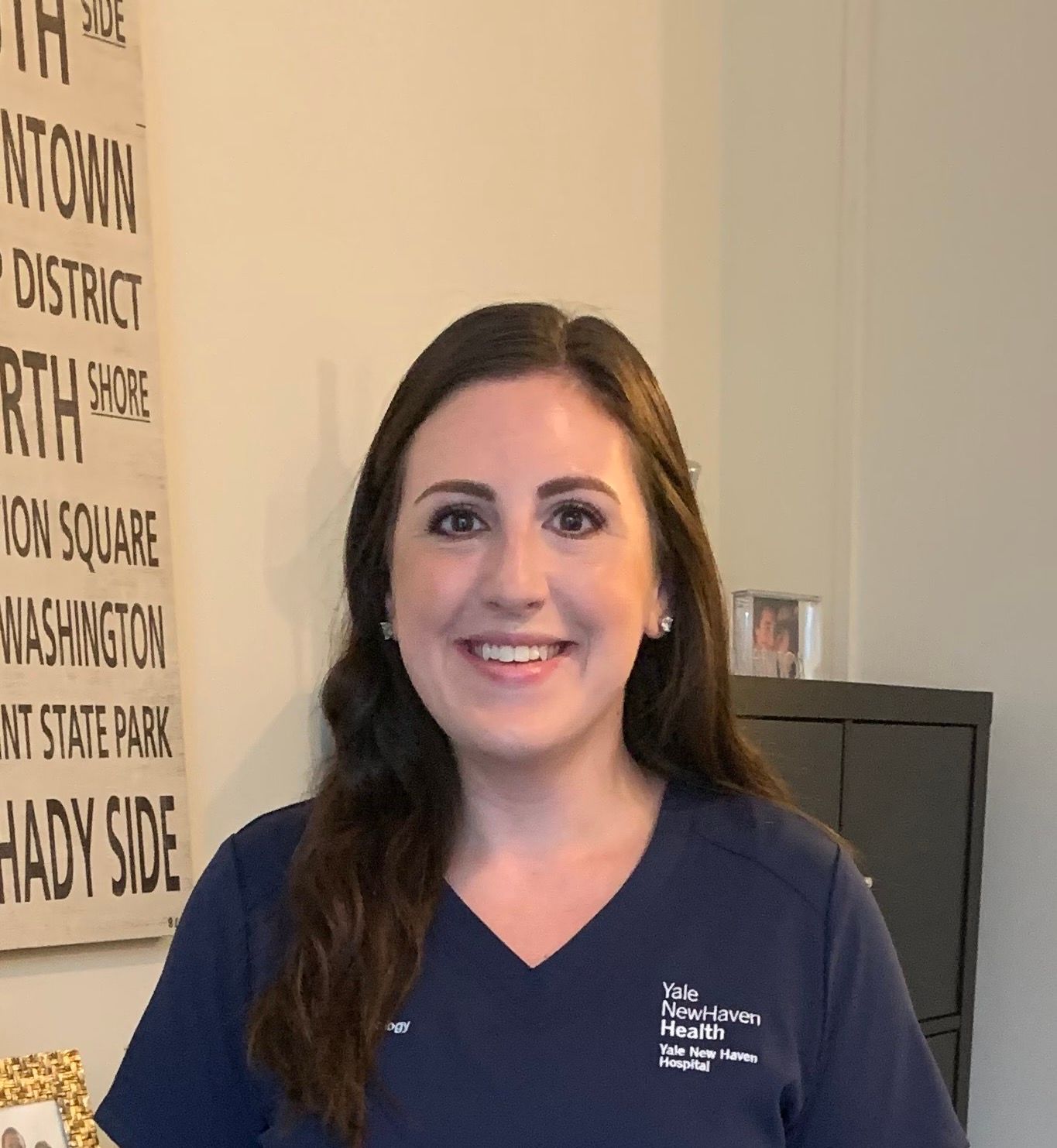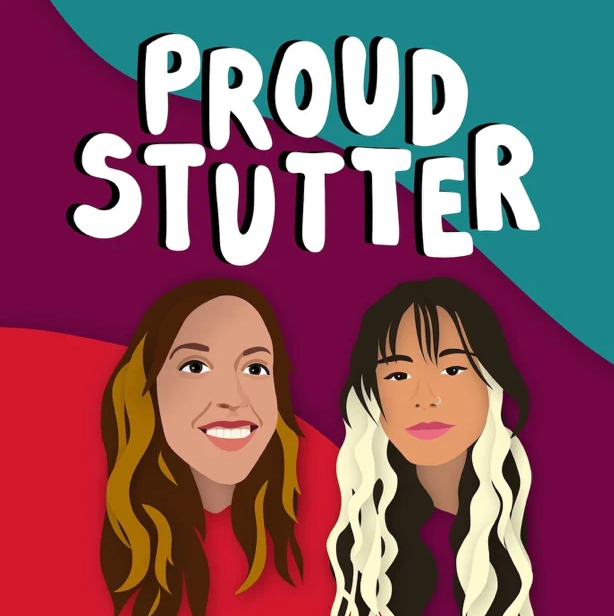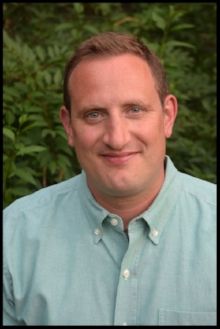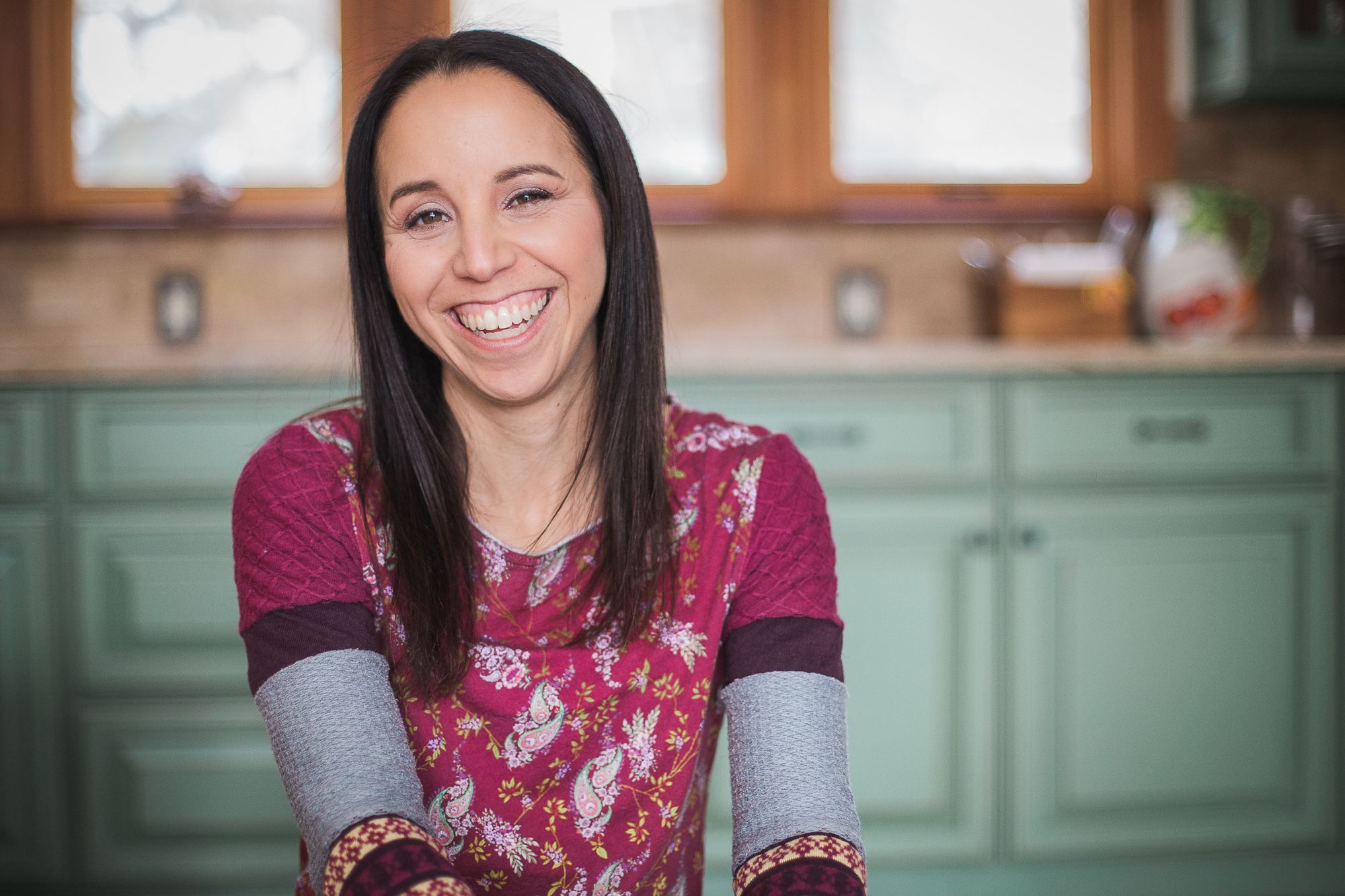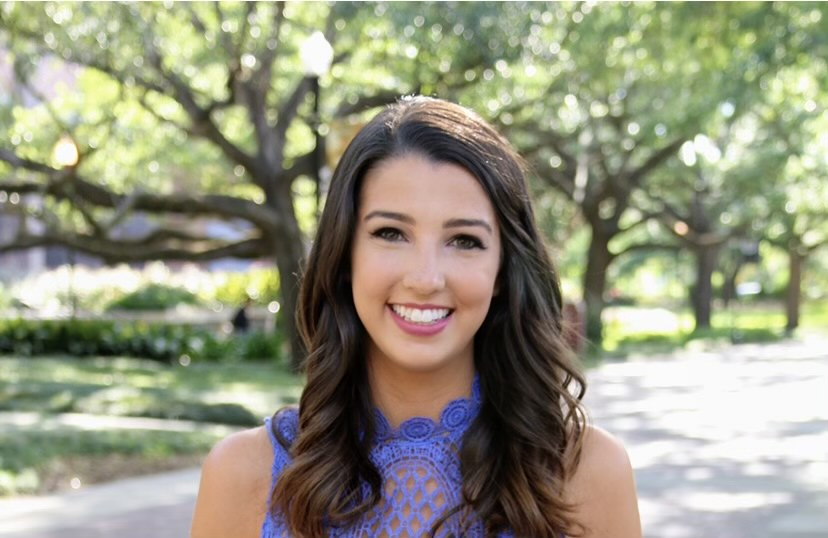We are excited to share another question-and-answer post with our readers! This Q&A is with Amanda Shepard, a pediatric audiologist. Currently, she works at the Yale New Haven Children’s Hospital in Connecticut. She is originally from Connecticut and completed her undergraduate education at the University of Connecticut. She went on to obtain her doctorate at the University of Pittsburgh and completed her externship at the Children’s Hospital of Pittsburgh.
How did you get into the field of audiology?
I entered college as a psychology major and as I started taking my general education courses, I found myself in an “Introduction to Communication Disorders” course. I was immediately drawn to the world of speech-language pathology and audiology and quickly decided to change my major. As I progressed through the coursework, I began to lean towards audiology. I was fortunate enough to shadow one of my audiology professors in her clinic where she worked primarily with cochlear implant patients. Seeing my professor in action confirmed my passion for a career in audiology.
What excites you the most about pediatric audiology?
The best part about working as a pediatric audiologist is seeing firsthand the impact I can make on a child and their family’s lives. I follow children from infancy through adolescence and give them access to speech and language. I also enjoy working closely with related professionals, like otolaryngologists, speech-language pathologists, and educational audiologists, to ensure my patients are receiving complete care.
What challenges you the most?
One challenging aspect of pediatric audiology is working with medically complex patients. Often times, we might find a hearing loss in a patient, but hearing is not the top priority for the family with so much else going on in that child’s life. It is important to be respectful of the family and to make sure you are counseling them effectively and looking at all aspects of the patient.
What is a common misperception about audiology?
A common misperception is that children will hear and understand speech and language the day they have their cochlear implants activated. People love watching the YouTube videos of “babies hearing for the first time” and this makes counseling families of prospective implant recipients challenging at times. There are so many factors that can influence outcomes for cochlear implant users and having realistic expectations of the process is really important.
Do you ever work with SLPs? In what ways?
We work with speech-language pathologists all of the time! All of our cochlear implant recipients attend speech therapy and it is so critical. We are constantly communicating with our SLP counterparts to make sure our mutual patients are on track for success with speech and language. Sometimes, we conduct cochlear implant mapping sessions with the SLP and that is very beneficial for the patients and their families.
What is one thing you like to share with parents/caregivers related to audiology?
The one thing I would like to share with parents/caregivers related to audiology is that it is so important to provide a language-rich environment for a child. Children absorb speech and language and need auditory stimulation, and this is important for both children with and without a hearing loss. This can be accomplished by narrating common activities (i.e. talking through the steps of brushing your teeth), singing, reading books before bedtime, etc.
What does your day to day look like and how has your job changed since the onset of COVID?
One of the best parts of working in a children’s hospital is the variety within my schedule. I conduct behavioral hearing evaluations, work with children and their hearing aids or bone-anchored hearing devices, complete auditory brainstem response evaluations, and complete testing under sedation in the operating room.
Since COVID, we have been taking extra precautions that include: wearing masks and protective eyewear, sanitizing testing space in between patients, and only allowing one parent to accompany the child for the appointment (to minimize the amount of people). Prior to any sedated or OR testing, children need to have a COVID test completed for the safety of staff.
Pediatric audiology is a wonderful and fulfilling field. I love working with children of all ages and being able to provide support to their families is so rewarding.
We are so glad to have had the opportunity to interview Amanda! Before I went to college, I did not realize how the fields of speech-language pathology and audiology really meshed together. Throughout my undergraduate and graduate coursework, as I learned about audiology and aural rehabilitation, I learned about the critical job audiologists have. We hope that with this post, you have a better sense about audiologists and their impact. It is clear from speaking with Amanda how much hearing impacts one’s speech, language, and communication development. We are thankful for people like her and their professional skills.
